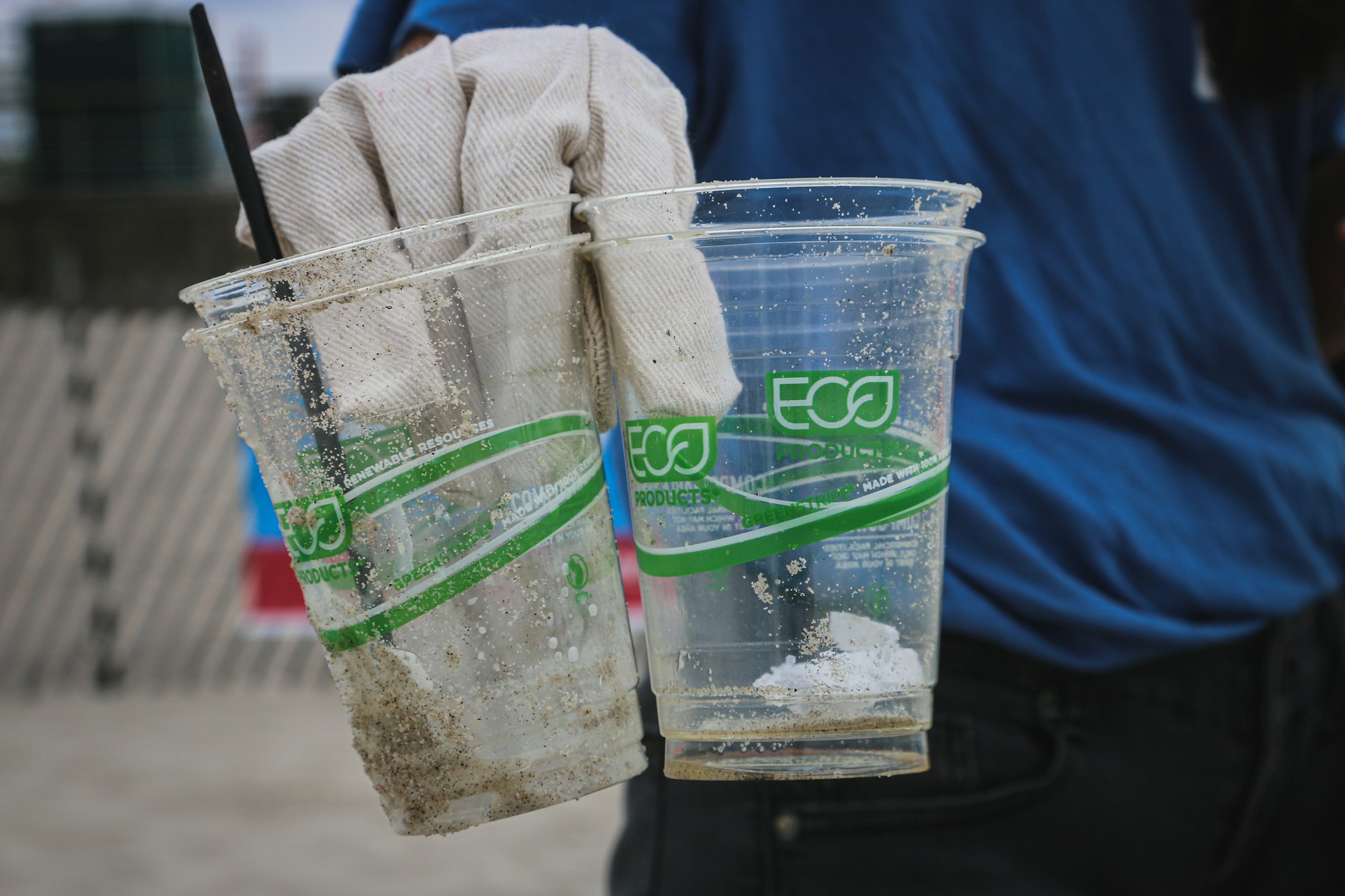
On the Problem of Greenwashing
Discover the concept of greenwashing, the origins of the term, its widespread impact across industries, and the measures being taken to combat it.
Discover the concept of greenwashing, the origins of the term, its widespread impact across industries, and the measures being taken to combat it.
Outline
How do you differentiate products or policies that overstate their climate cred? How, in other words, do you spot greenwashing?
The term—meaning to mislead consumers with vague, exaggerated, or deceptive environmental claims—traces back to 1986, though the problem is older; environmentalist Jay Westerveld coined it following a stay in a hotel where notices suggested guests “save the environment” by reusing their towels. The main thing they were actually saving was the hotel’s costs on laundry, it seemed:
“The word 'greenwashing' just came to me," Westerveld said. "It seemed really logical, pretty simple, kind of like whitewashing."
Today, greenwashing is a problem everywhere from finance to forestry, but it’s not always clear-cut. Consider Apple’s 2023 sales pitch that some Apple Watches would be “carbon neutral.” The claim drew fire for alleged greenwashing from critics who argued it hinged on “accounting tricks” in the form of carbon credits, which have a nasty pattern of turning out to be bunk.
Contending that the new watch “isn’t carbon neutral. It’s more stuff, and more stuff always leaves a mark,” Wired‘s Greg Barber called Apple’s claim “puzzling,” particularly because elsewhere the company has made commendable efforts to clean up its supply chain. Why sully that with such an overreach?
Greenwashing is also a problem regulators have an eye on: European Union rules set to take effect in 2026 will bar companies from using terms like “environmentally friendly” or “climate neutral” without evidence—and offsets won’t count as evidence.
To learn more about climate communications and find your path to action, enroll in Terra.do's Climate Change: Learning for Action fellowship.
More like this
So You're Ready to Step Up on Climate Action. Now What?
Folks ready to learn and do more about climate change have an array of options to get started. What are their respective pros and cons, and how does Terra.do stack up?
Our Next Cohort's Nickname Is the Manatees. Here's Why That's Special.
We've named each graduating class after animals at risk in our warming world, and we've just finished our first full lap through the alphabet.
Couldn’t We All Use More Storage?
Where are we going to put all that clean power from variable renewables like solar and wind? The world of batteries is already ramping up.

 Background
Background


